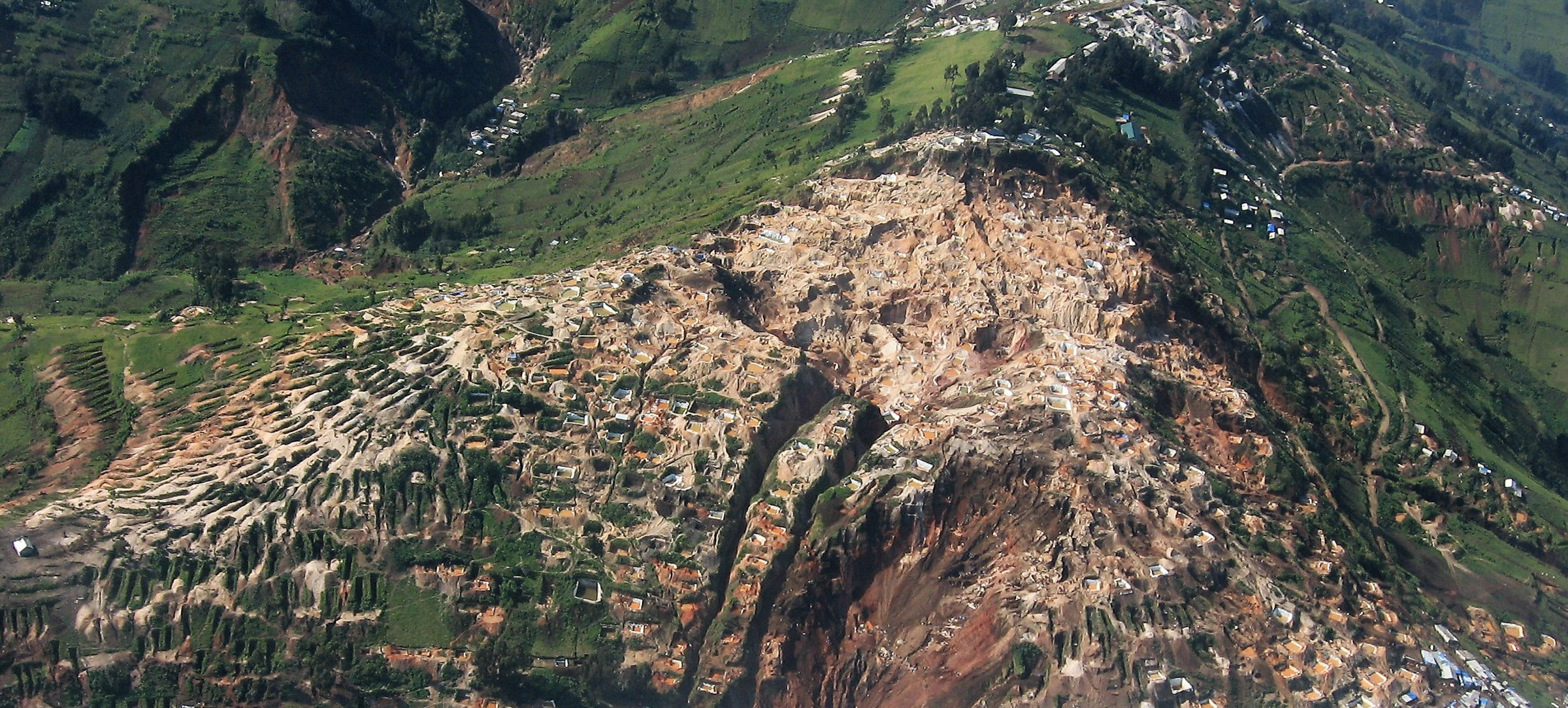Community Mapping
Maps serve as an instrument for orientation and communication, and show the actual state of spatial objects and processes. Often traditional or official maps just present a one-dimensional perspective, and exclude social circumstances or contradicting developments of the society.
Community mapping, however, is based on the principle that local groups or communities use their regional knowledge (about villages, cities, forested areas, land, natural reserve) to give cartographically an account of the social and ecological issues from their respective point of view. The particular experiences and know-how allow collecting and checking of information and visualizing it in maps. Throughout this process, the community is able to describe an image of their way of living, their socioeconomic and ecological situation, and to illustrate possible disparities within the region. Therefore, community mapping can serve as s a method to document problem areas and provide a basis for subsequent public discussions.
Especially in the developing and least developed countries, community mapping is an important instrument to draw people´s attention towards grievances, to foster dialogue and to protect the rights of communities. The visualization of information and activities matters mostly in societies with a low literacy rate. It allows communities and marginalized groups, often excluded from decision making, to raise claims, call for human rights and emphasize social and ecological problems.
Our concern is to build up local competences and to enable target groups to implement the process of community mapping in an independent and efficient manner. Therefore, we cooperate with experts from the global South, partner organizations and universities.
In this context FAKT offers the following measures:
- Trainings for NGOs and communities in community mapping
- Consultancy during the implementation process
- Documentation of results and creation of maps
- Conduction of studies and evaluations

